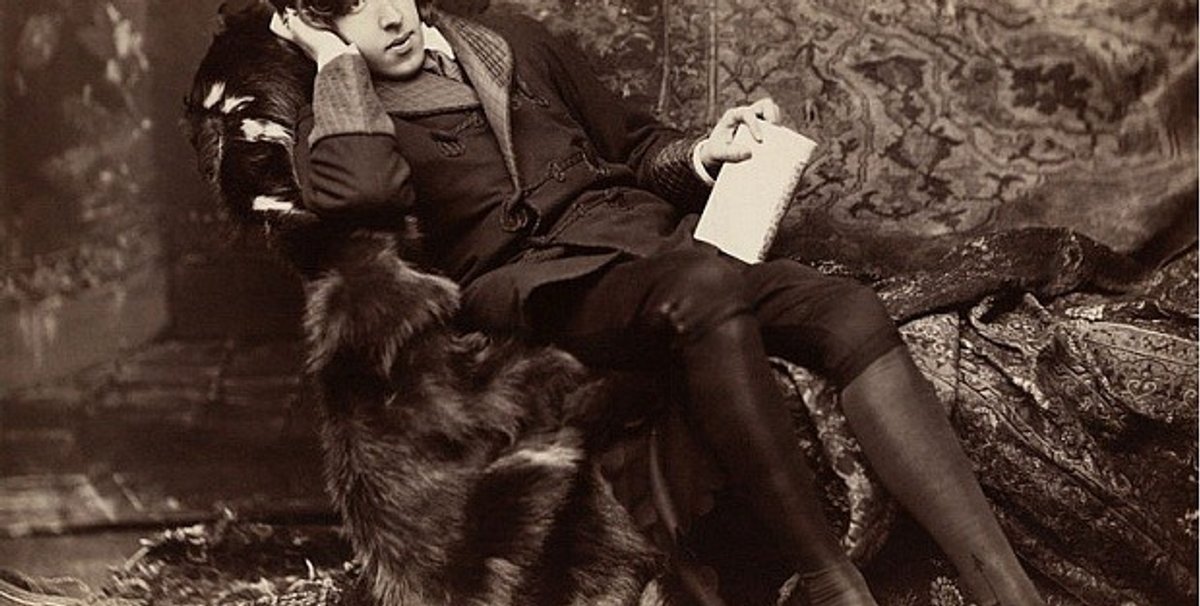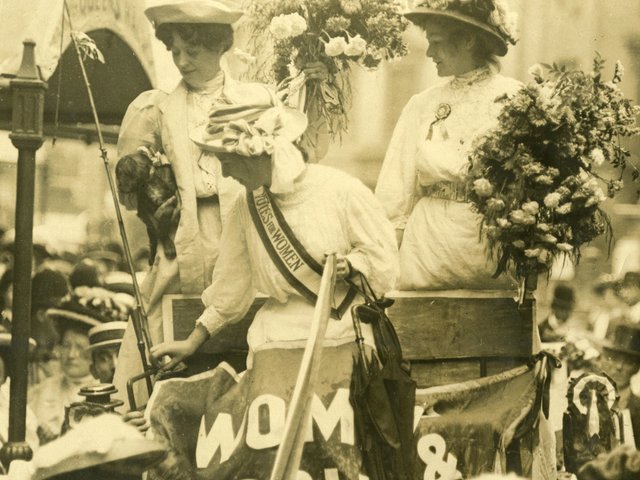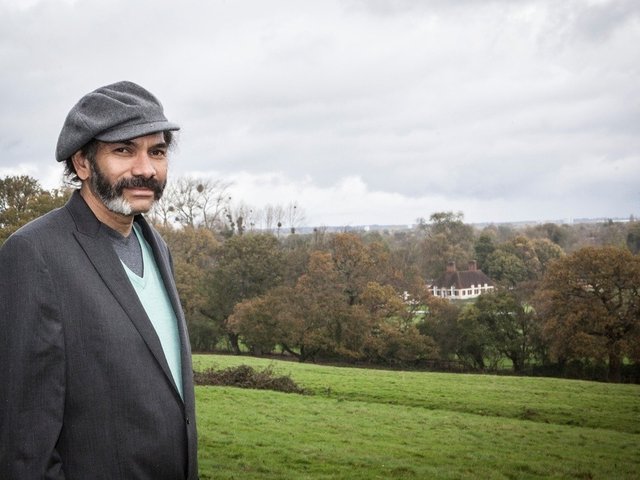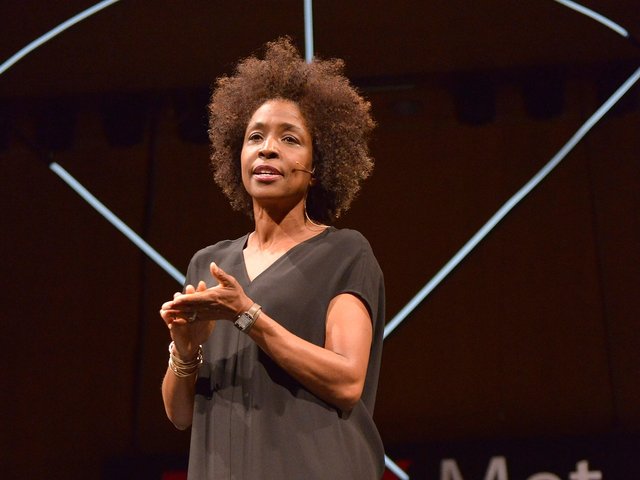Reading’s place in the queer history of England doesn’t stop at Reading Gaol, where the playwright Oscar Wilde was imprisoned; this miscarriage of justice was commemorated last year by Inside, a remarkable exhibition in the former prison organised by Artangel and featuring work by artists including Ai Weiwei, Marlene Dumas and a reading of Wilde’s prison ballad by the actor Rupert Everett and Wilde’s De Profundis by Patti Smith. This autumn, marking the 50th anniversary of the decriminalisation of homosexuality in England and Wales, the art department of the University of Reading is organising an Oscar Wilde-inspired international exhibition at the Museum of Reading. The Critic as Artist, which is due to open 7 October (until 28 January 2018) will feature work by Dexter Dalwood, Linder, and Marc Camille Chaimowicz as well as Simeon Solomon. The only-known gay Pre-Raphaelite, Solomon’s life and career were ruined after he was arrested in London at a public urinal in 1873 and fined for an attempted homosexual act. Besides Wilde, Reading can be proud of John Wolfenden, the vice-chancellor of the University of Reading who chaired the committee that produced the famous Wolfenden Report in 1957, which recommended that assignations between consenting males should not be a crime, paving the way for a change in the law 50 years ago today when homosexuality was partially decriminalised in England and Wales.






